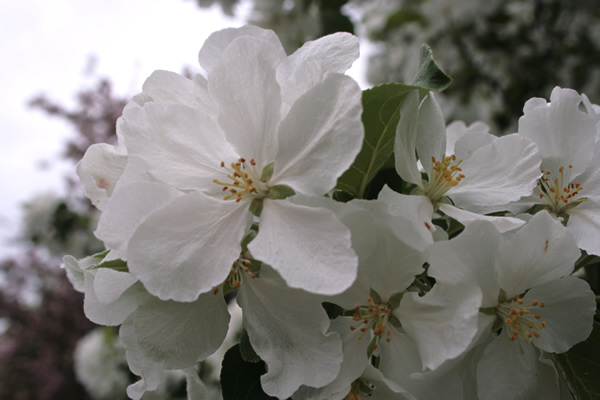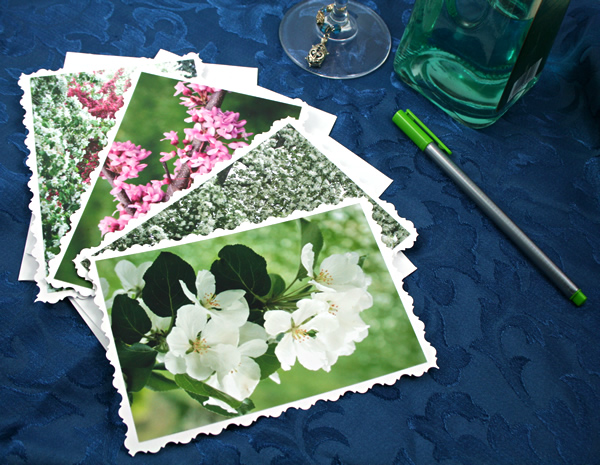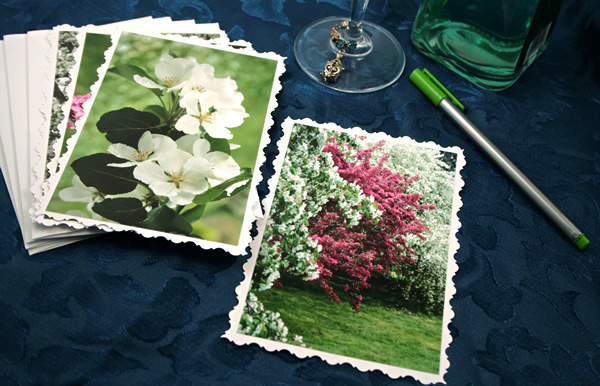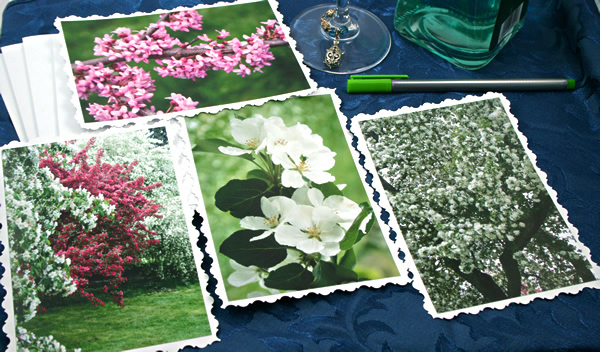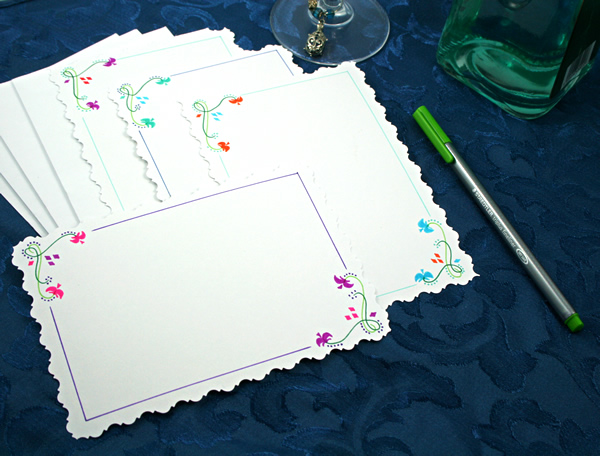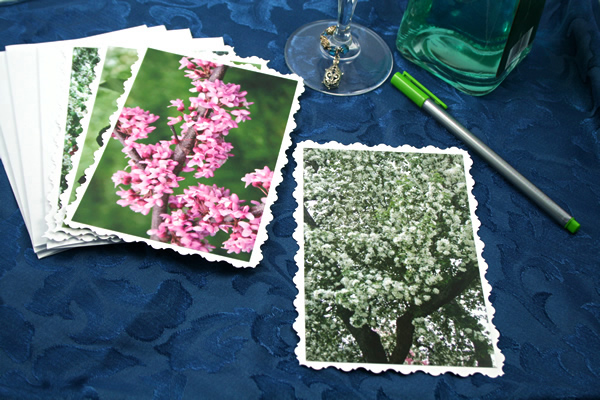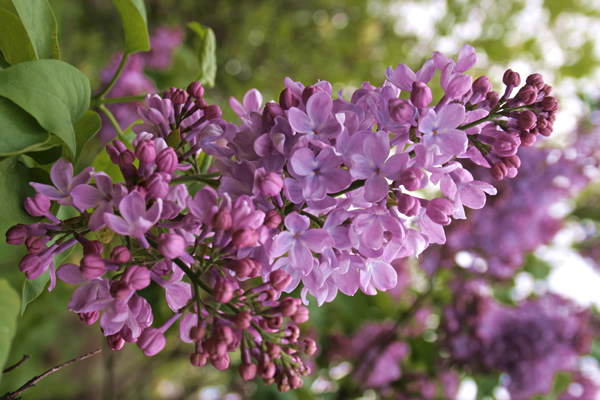
Tag: tree
Photo: Furry, Experimental Farm Arboretum, May 22, 2011
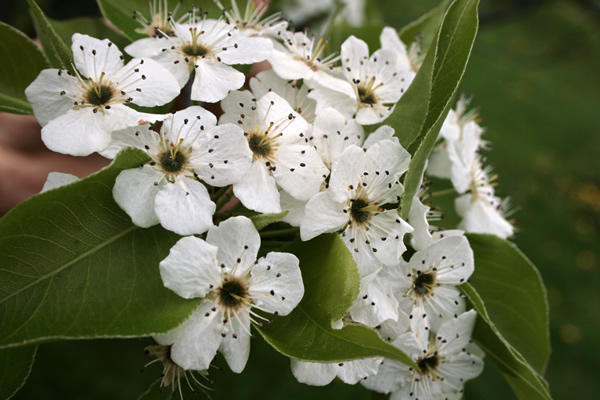
Photo: Playful, Experimental Farm Arboretum, May 22, 2011
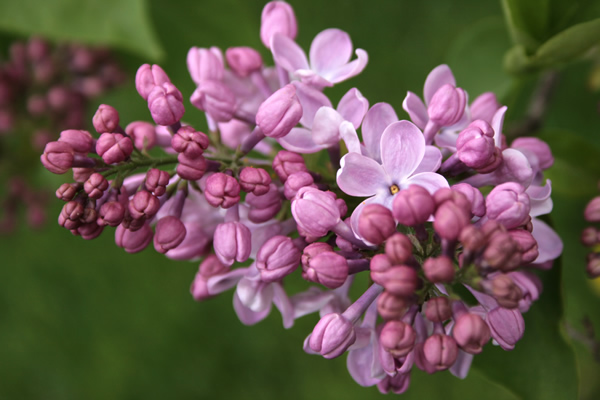
Photography cards: Spring Blooms
Photo: White on red, Experimental Farm Arboretum, May 22, 2011
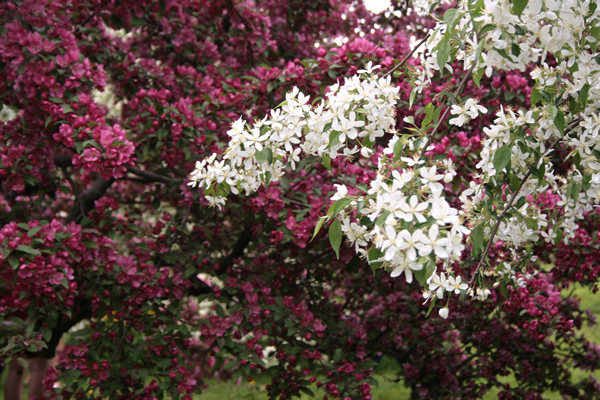
Photography cards: River Sunset
Photo: Lilac branches, Experimental Farm Arboretum, May 22, 2011
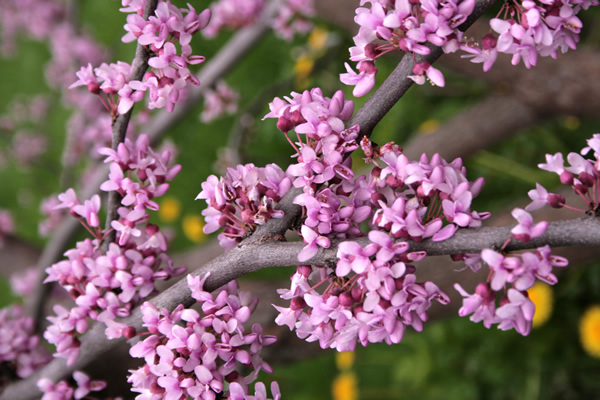
Photo: Tiny petals, Experimental Farm Arboretum, May 22, 2011
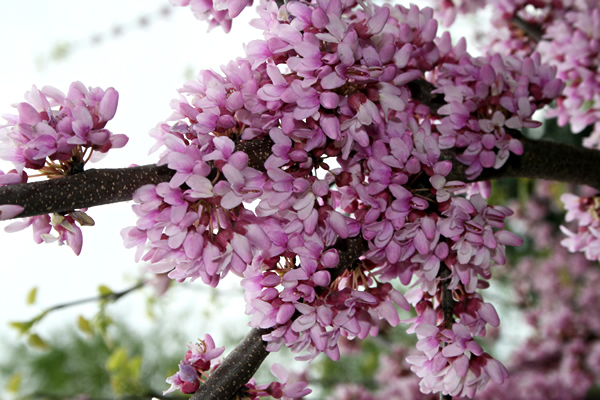
Photo: Tulip bed, Experimental Farm Arboretum, May 22, 2011
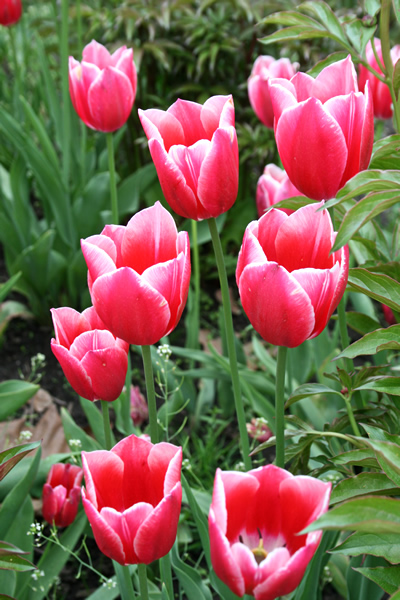
Photo: Layers, Experimental Farm Arboretum, May 22, 2011
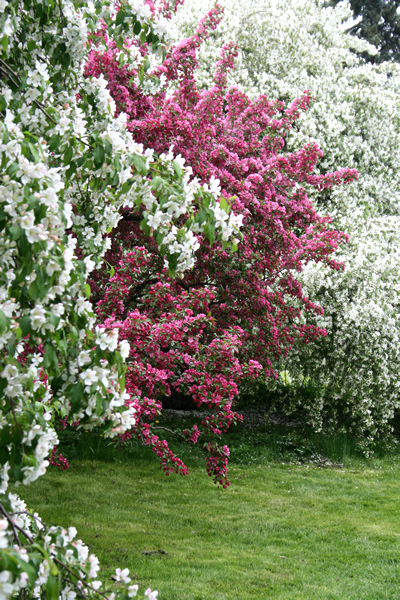
Photo: Pink explosions, Experimental Farm Arboretum, May 22, 2011
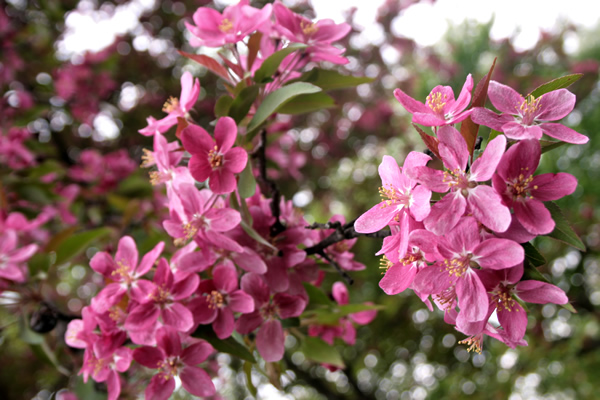
Photo: Soft two, Experimental Farm Arboretum, May 22, 2011
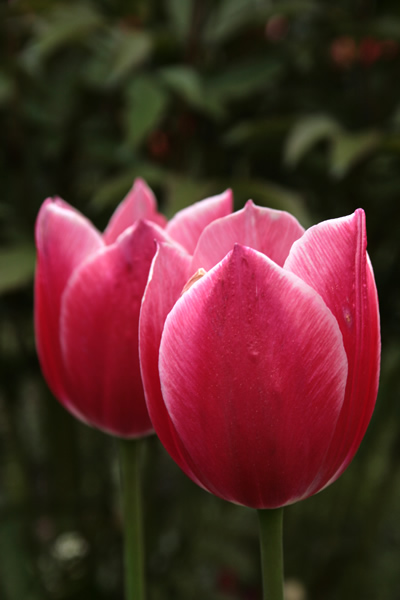
Photo: Spring blossoms, Experimental Farm Arboretum, May 22, 2011
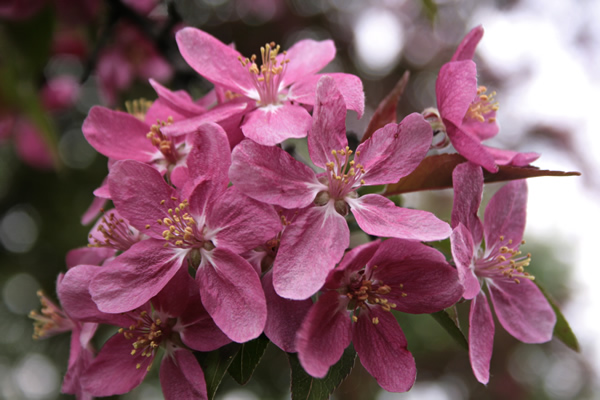
Puzzle: Japanese Garden
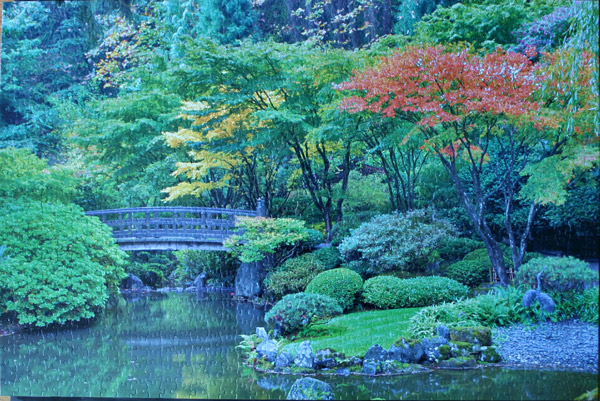
Size: 750 pieces
Dimensions: 59.7 cm x 39.4 cm
Producer: Sure-Lox
Notes: A catalogue of features “typical” of the Japanese garden may be drawn up without inquiring deeply into the aesthetic underlying Japanese practice. Typical Japanese gardens have at their center a home from which the garden is viewed. In addition to residential architecture, depending on the archetype, Japanese gardens often contain several of these elements:
* Water, real or symbolic.
* A bridge over the water, or stepping stones.
* Rocks or stone arrangements (or settings).
* A lantern, typically of stone.
* A teahouse or pavilion.
* An enclosure device such as a hedge, fence, or wall of traditional character. [Wiki]
Puzzle: Audubon – Eastern Bluebird II
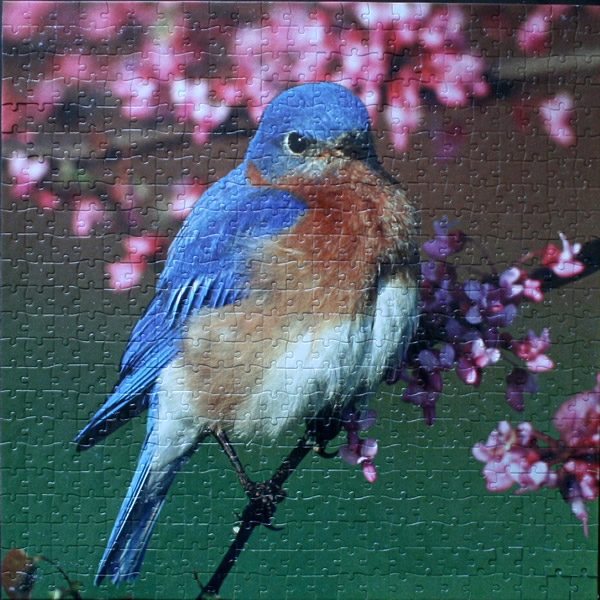
Size: 500 pieces
Dimensions: 45.72cm x 45.72cm
Producer: Buffalo Games
Box: photo
Photographer: Richard Day / Daybreak Imagery
Notes: The Eastern Bluebird, Sialia sialis, is a small thrush found in open woodlands, farmlands and orchards, and most recently can be spotted in suburban areas. It is the state bird of Missouri and New York.
Adults have a white belly. Adult males are bright blue and red on top and have a reddish brown throat and breast. Adult females have lighter blue wings and tail, a brownish throat and breast and a grey crown and back. Eastern Bluebirds are found east of the Rockies, southern Canada to the Gulf States and southeastern Arizona to Nicaragua.
The bright blue breeding plumage of the male, easily observed on a wire or open perch, fluttering down to the mowed grass to capture a grasshopper, cricket or beetle makes this species a favorite of birders. [Wiki]
Photo: Reaching hands, Experimental Farm Arboretum, May 22, 2011
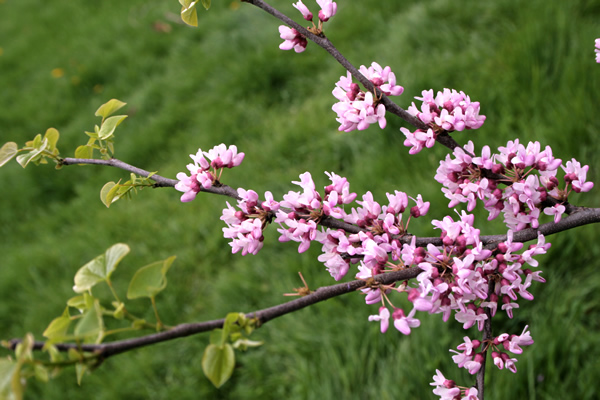
Photo: Lilac and green, Experimental Farm Arboretum, May 22, 2011
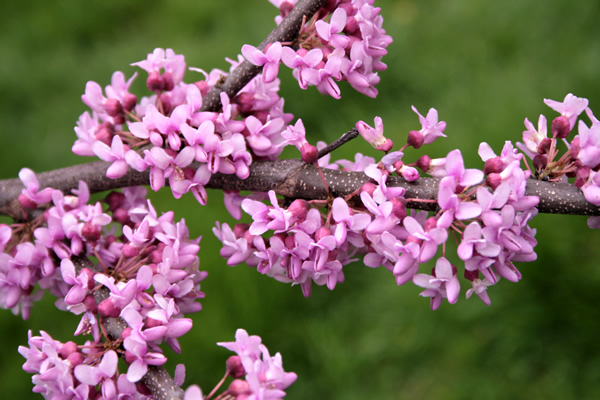
Photo: Walking on petals, Experimental Farm Arboretum, May 22, 2011
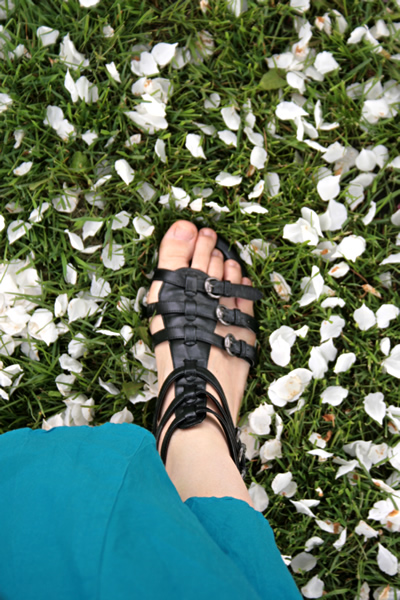
Photo: White branch, Experimental Farm Arboretum, May 22, 2011
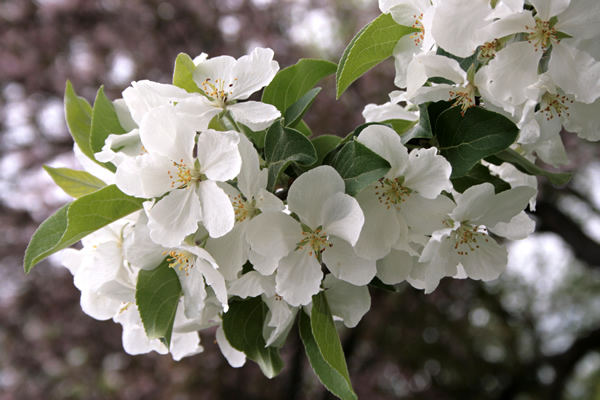
Photo: White tree blooms, Experimental Farm Arboretum, May 22, 2011
